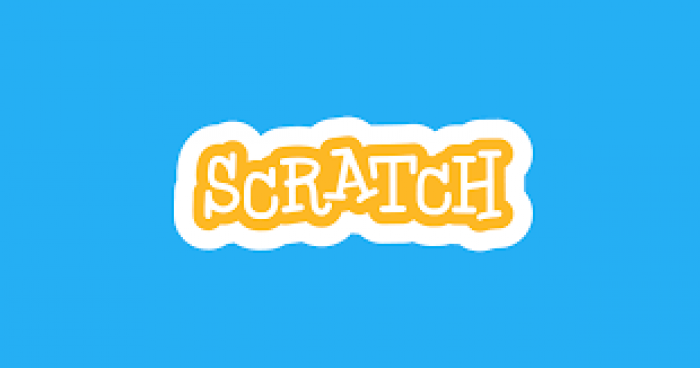Have Some Coding Fun With Your Children – Make A Scratch Project Together!
Coding is now a really important and weighty part of the Primary Computing Curriculum, and the main reason for this is that it promotes a wide range of vital and transferrable life skills, such as logic, problem solving and self-regulation. Luckily it is also really hands-on and fun! A great way to get to know a little more about this and exactly what your children are learning could be to create a Scratch project at home with them. If you haven’t heard of Scratch before, it is a free block-based programming website developed by the MIT and aimed specifically at children https://scratch.mit.edu/. It allows you to create a wide range of computer games, quizzes or animations, with the user writing all of the coding themselves!
The website is really straightforward to navigate, has a great parents information section and is 100% safe for children of any age to navigate on their own, although ability-wise it is more appropriate for Key Stage 2 if using independently. You can either explore the millions of games and quizzes that have been created by other users (all carefully vetted and checked) or create your own projects, which is the real fun bit! Now if your children have used it before, they may just be able to take the lead, but if not there are a lot of activity guides and simple tutorials that are easy to follow https://scratch.mit.edu/projects/editor/?tutorial=all.
If you’re looking for somewhere to start, why not have a go at making a Shark Attack game, following the attached guide here. Although it can look a little daunting at first, it’s easy to get the hang of the basic functions and commands. Also it is brilliant for promoting the idea of ‘debugging’; trying things out first, and if they don’t work trying to figure out why!
If you need any help at all or have any questions, please don’t hesitate to get in touch. Also if you have created some amazing Scratch projects with your children, I’d love it if you could share them with us!

